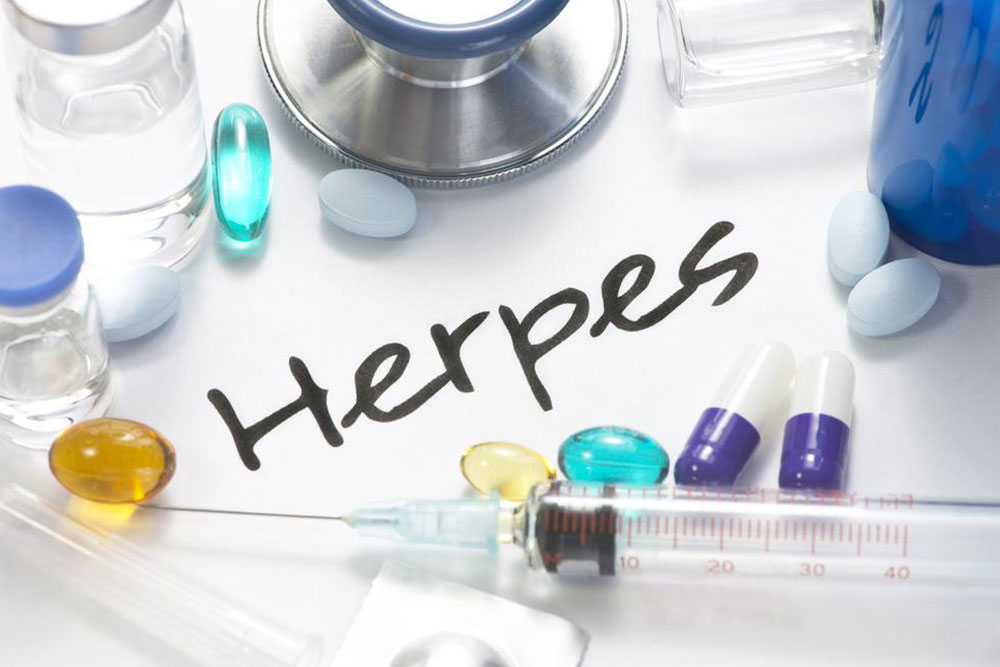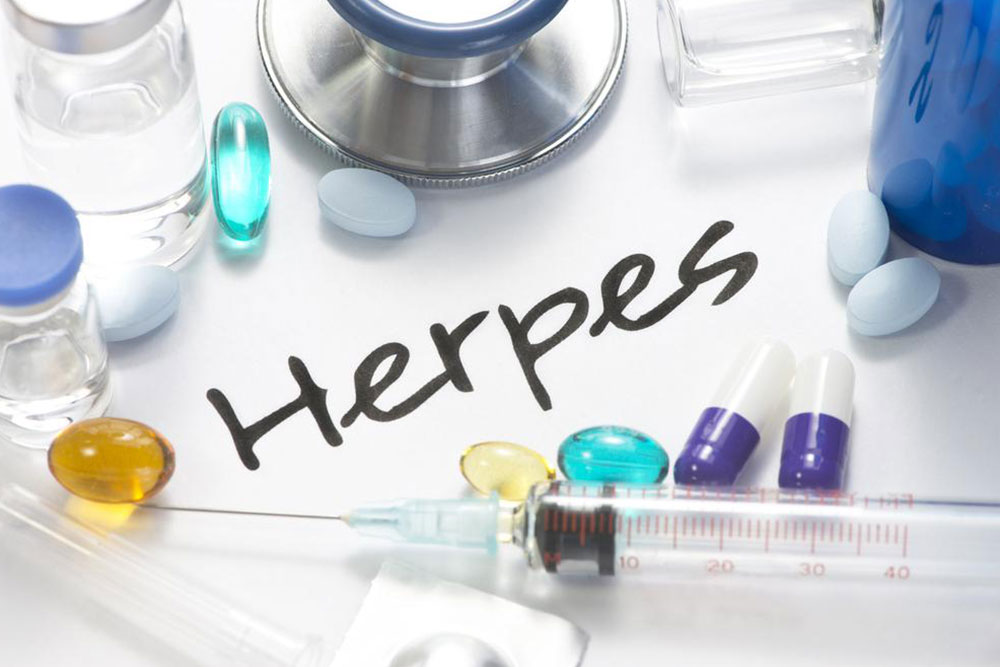Understanding Herpes: Risks and Prevention Strategies
This article explores the risks associated with herpes, including complications and transmission methods, along with essential preventive strategies. It emphasizes early medication use, safe sexual practices, and informing healthcare providers, especially during pregnancy. By understanding these aspects, individuals can better manage the infection and reduce its impact. The content aims to educate readers on herpes-related health concerns and how to prevent its spread effectively, ensuring informed decisions and promoting health safety.

Understanding Herpes: Risks and Prevention Strategies
Key Risks to Be Aware Of
Having herpes alongside other sexually transmitted infections (STIs) can weaken your immune system, leading to more frequent and severe outbreaks of both genital and oral herpes.
Such infections may increase the risk of developing serious complications like AIDS and other illnesses.
Additional risks include conditions like meningitis, an infection affecting the brain and spinal fluid, as well as encephalitis, which involves brain inflammation, potentially causing issues like constipation and urinary problems.
Herpes can appear on the lips as cold sores or fever blisters, often more intense than genital or ocular herpes. If left untreated, eye infections can lead to blindness and persistent discomfort.
In newborns, herpes infection may cause severe outcomes like brain damage, blindness, or even death.
Genital herpes may lead to urinary issues, such as inflammation of the urethra, which can block urine flow, requiring medical intervention like catheterization.
Preventive Measures for Herpes
Limit contact with active herpes sores. Touching blisters can spread the virus to other parts of your body unknowingly.
Use antiviral medications promptly when symptoms arise to prevent spread and reduce outbreak frequency.
Keep antiviral drugs accessible at all times.
If pregnant and with a history of herpes outbreaks, inform your doctor immediately, especially if symptoms occur during pregnancy, to manage risks effectively.
Practice safe sex practices. Communicate openly with your partner about STIs, and avoid multiple sexual partners to minimize infection risk.
Always use latex condoms during sexual activity, whether male or female, to lower transmission chances. Avoid oral sex if you have active sores.










